15, November 2022
English-speaking children denied education in Cameroon’s anglophone crisis 0
Cameroon’s Anglophone Crisis, also known as the Cameroonian Civil War, has been raging between the country’s government and Anglophone separatist parties in the north- and southwest since 2016. The separatist parties have been accused of kidnapping and attacking innocents, but the nation’s administration has also been heavily criticized, accused of human rights violations including torture and extrajudicial murder as well as employing disproportionate force against protestors and failing to adequately address the Anglophone minority’s concerns. There has been little progress in settling the war, which has displaced over 700,000 people and resulted in more than 2,000 deaths. Away from the front line, children, especially girls, are also among the casualties of this war.
The war has “wreaked havoc on the education of Cameroonian children,” UNICEF asserts. The English-speaking regions of Cameroon once had the best education in the country, the organization says, but now face “a permanent policy of non-schooling put in place by non-state armed groups.” Due to pressure from Anglophone civil society, certain separatist groups formally called off the school boycott in 2020, but attacks on schools continue unabated; “Children have been forced to evacuate their homes and several schools have been shut down,” UNICEF says, and those that stay open are frequently decrepit or overcrowded. Many teachers have “been compelled to leave the nation” and departed without being replaced. “This has left youngsters with little educational opportunities.”
Girls have been particularly negatively affected. Parents whose wages have decreased choose to send their sons to school while keeping their daughters at home to assist with chores or small trades. Families who can afford it are currently sending their children to schools in Cameroon’s Francophone regions, but others have simply fled, leaving their daughters to fend for themselves in the Anglophone sectors: unschooled and susceptible to recruitment for prostitution.
This lack of access to high-quality education exacerbates the already serious issues plaguing Cameroon’s Anglophone communities. Demonstrations by Anglophone attorneys and educators regarding the marginalization of the country’s English-speaking population were the initial tinderbox for the conflict in 2016. The separatist militias were only established after the Cameroonian military repressed demonstrators, turning peaceful protest into violent confrontation.
Instead of boycotting schools or threatening to close down voluntary learning centers, the parties in Cameroon’s conflict should utilize the beginning of the school year to alleviate children’s suffering in the Anglophone areas and develop trust with the local community. Separatist activists in Cameroon and elsewhere should cease all school boycotts immediately. If they do so, the Yaoundé administration should recognize the gesture as a de-escalation step. By keeping classrooms accessible and students safe, government and separatist leaders might offer a rare opportunity for dialogue and a lasting cease-fire.
In addition to increasing its assistance for the education system in Cameroon, the international community should assist the Cameroonian government in paying teachers’ salaries, renovating schools, and supplying educational materials. For such assistance to be sustainable, it must be needs-based, impartial, and inclusive of all Cameroonian areas and educational institutions.
The Anglophone Crisis is harming the futures of children who have not even begun to live. The conflict has had a severe impact on the education system as a whole, and both Cameroon and the world must take action. International allies dedicated to resolving the Anglophone crisis should promptly remind all parties of their responsibilities to protect civilians and safeguard children’s right to education.
Culled from The Organization for world peace
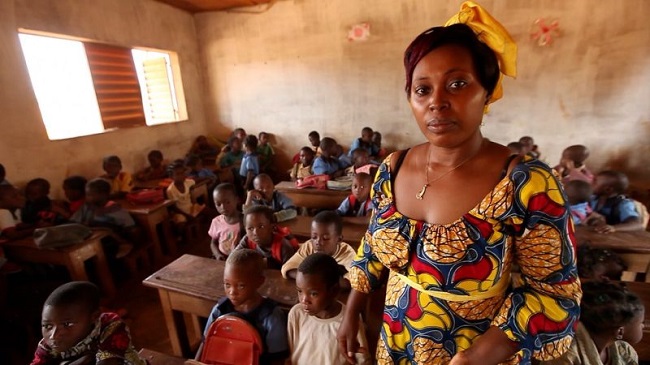
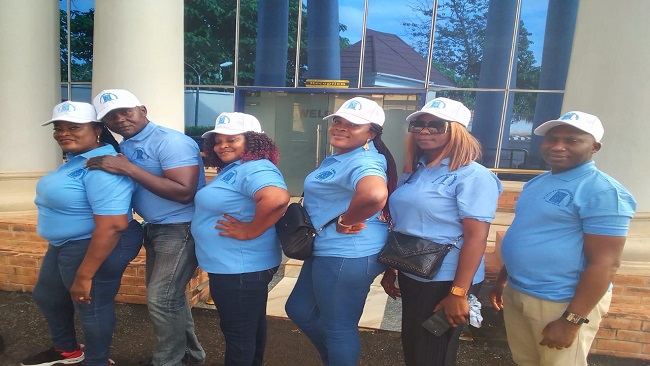
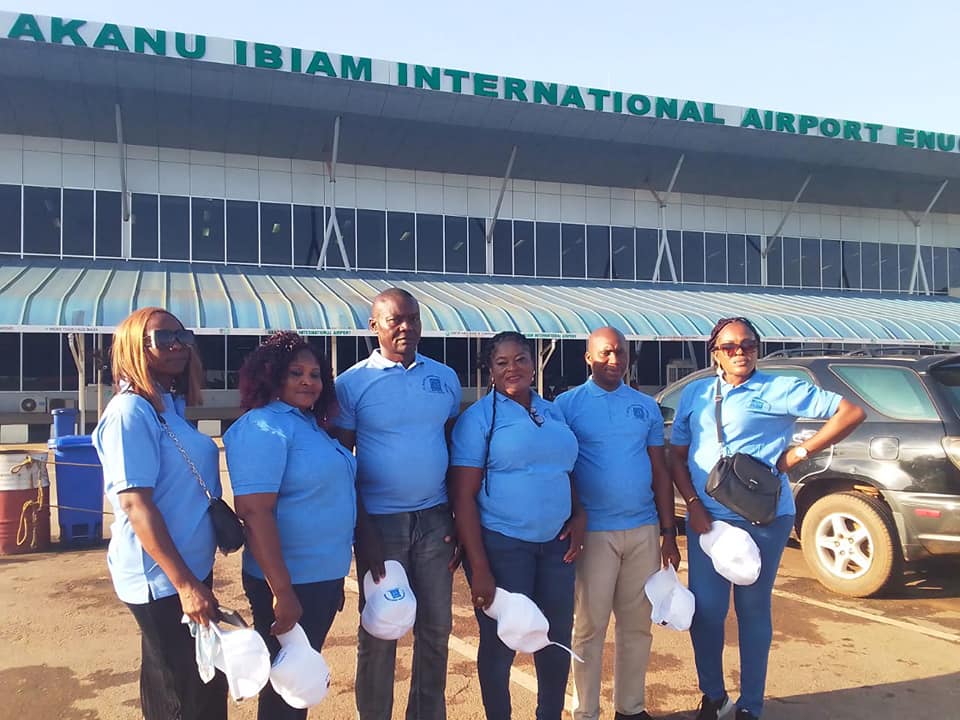
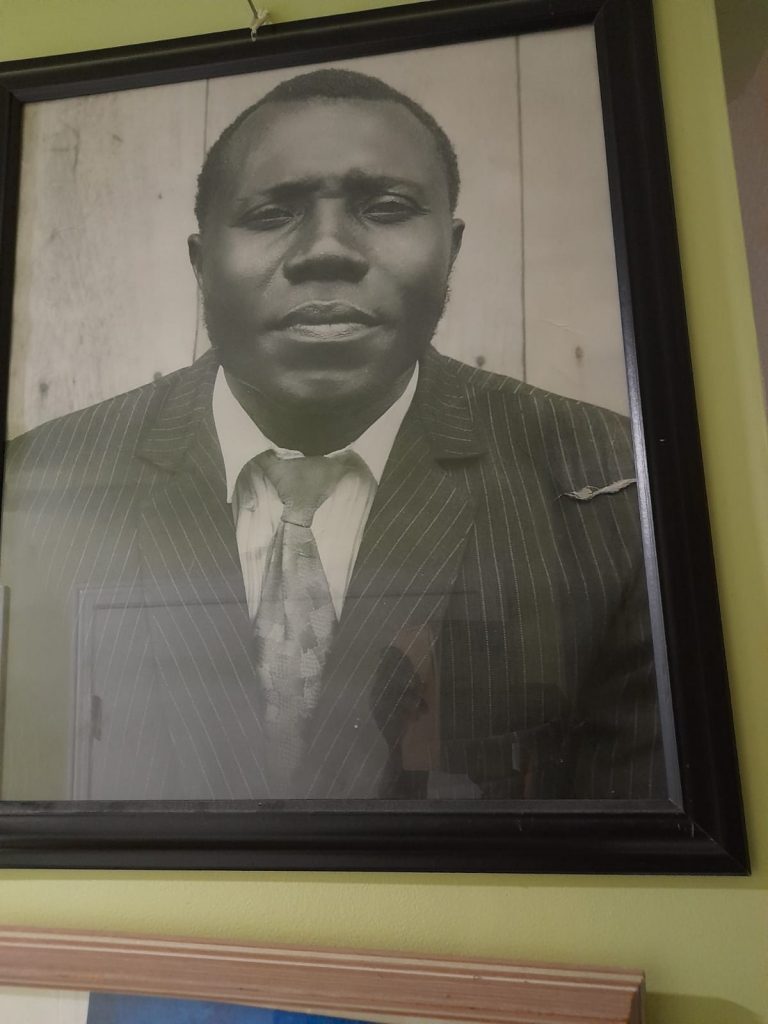
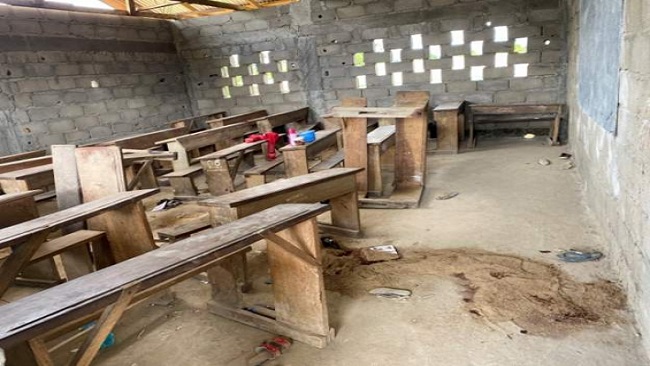
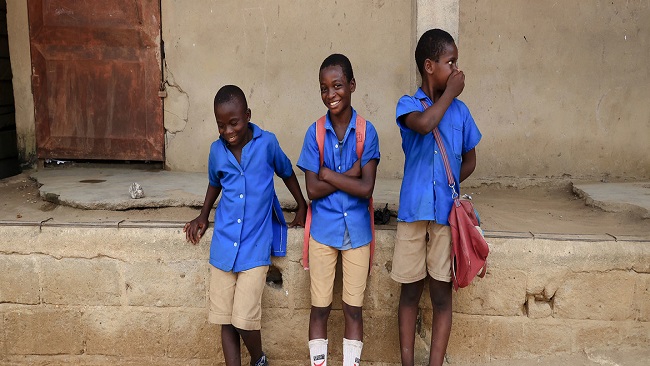
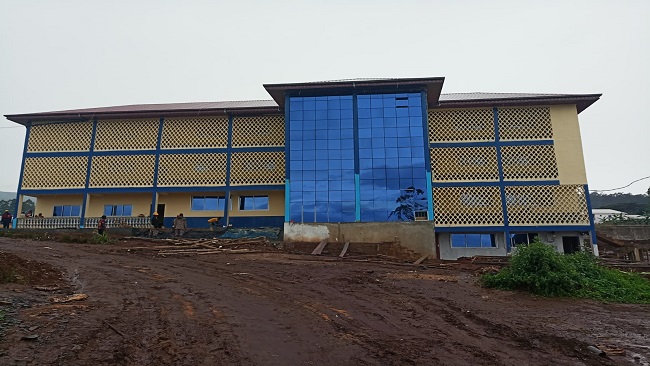
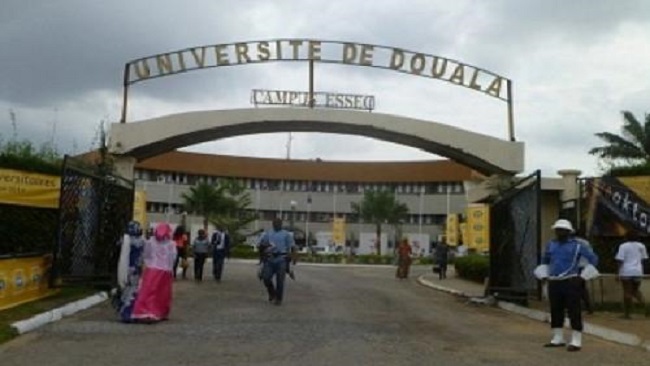















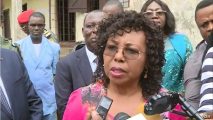


7, December 2022
Southern Cameroons Crisis: Catholic University soliciting funds to assist affected students 0
The leadership of the Catholic University of Cameroon (CATUC) is soliciting funds to assist students affected by the protracted crisis in the English-speaking regions of the Central African nation.
In a statement issued Monday, December 5, the Vice Chancellor of CATUC says, “Two years ago, cases of students whose parents’ fortunes had changed drastically as a result of the Anglophone Crisis came to our notice.”
“Some parents had lost everything-businesses, farms, homes, cows, etc. – and were unable to pay tuition fees for the children who were already enrolled in the university,” Fr. Joseph Awoh Jum says.
Fr. Awoh notes that a “good number of students, including students of the Medical School, were going to drop out as a result.”
“Our immediate reaction was to appeal to people whom we knew – our friends, family, colleagues, alumni, former schoolmates, and students – for assistance,” the Vice Chancellor of the Catholic institution based in Cameroon’s Bamenda Archdiocese says.
He notes that a few of the donors “responded to our appeal and gave us donations which kept these students in school, for some time.”
In addition, Fr. Awoh says, “The Archbishop of Bamenda provided school fee loans to four of our medical students who were threatened with dropping out so that they could complete their training, work in Archdiocesan health institutions and eventually pay back these loans.”
“These students and their families are extremely grateful to all those who contributed to keep them in school and keep their dreams alive,” the Vice Chancellor says.
However, Fr. Awoh says, “Those of them in the middle of their medical training still have a long way to go and would appreciate whatever assistance they can get to take them to the finish line.”
“In these difficult times, the university and her proprietors can only offer so much assistance and are working towards the establishment of an endowment fund to cater for such cases in the future,” he adds.
The Cameroonian Catholic Priest goes on to appeal for aid, saying, “We would greatly appreciate whatever assistance anyone would like to offer to keep these unfortunate students’ dreams alive and to assist families rendered desperate by the Anglophone Crisis.”
“Please, give this appeal a thought and, if your heart tells you to contribute your widow’s mite to this noble cause, contact us at info@catuc.org for guidance on how you can do this,” he says.
He continues in his December 5 statement, “We thank you in anticipation of your kind help and pray for God’s abundant blessings on you and your people.”
Cameroon’s English-speaking regions plunged into conflict in 2016 after a protest by lawyers and teachers turned violent. An armed movement of separatists claiming independence for the so-called republic of Ambazonia emerged following the government’s crackdown on protesters.
School boycotts have become common in these areas, as have enforced moratoriums on public life known as “ghost towns”.
On August 21, members of the Bamenda Provincial Episcopal Conference (BAPEC) lamented the protracted conflict in the country’s Anglophone regions, that has been characterized by “the piteous and distressing cries of anguish”.
The Catholic Church leaders at the helm of Bamenda Archdiocese and the Dioceses of Kumbo, Kumba, Mamfe, and Buea Dioceses underscored the need to respect the dignity of the human person created in God’s image and likeness and the sacredness and inviolability of human life.
Source: aciAfrica